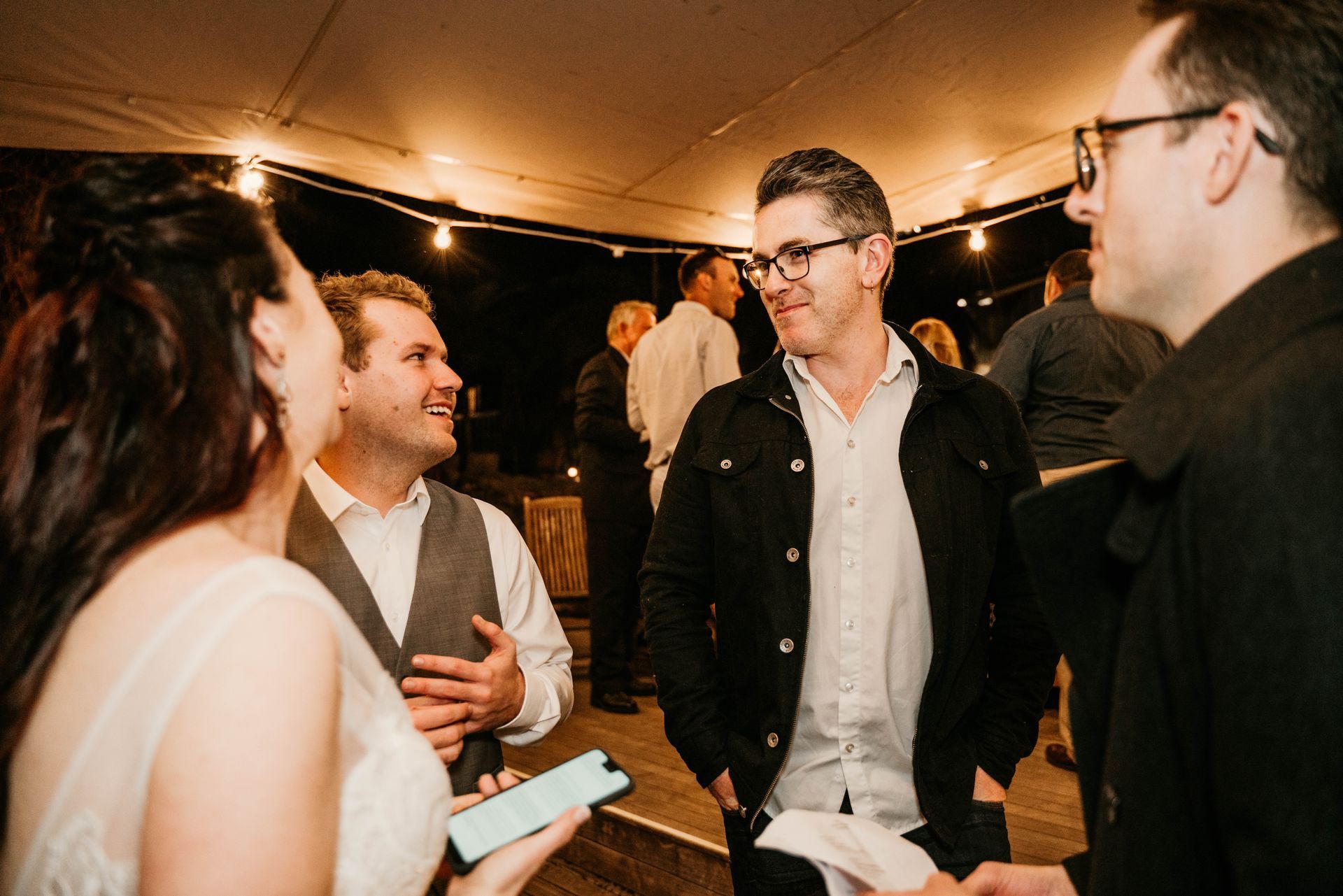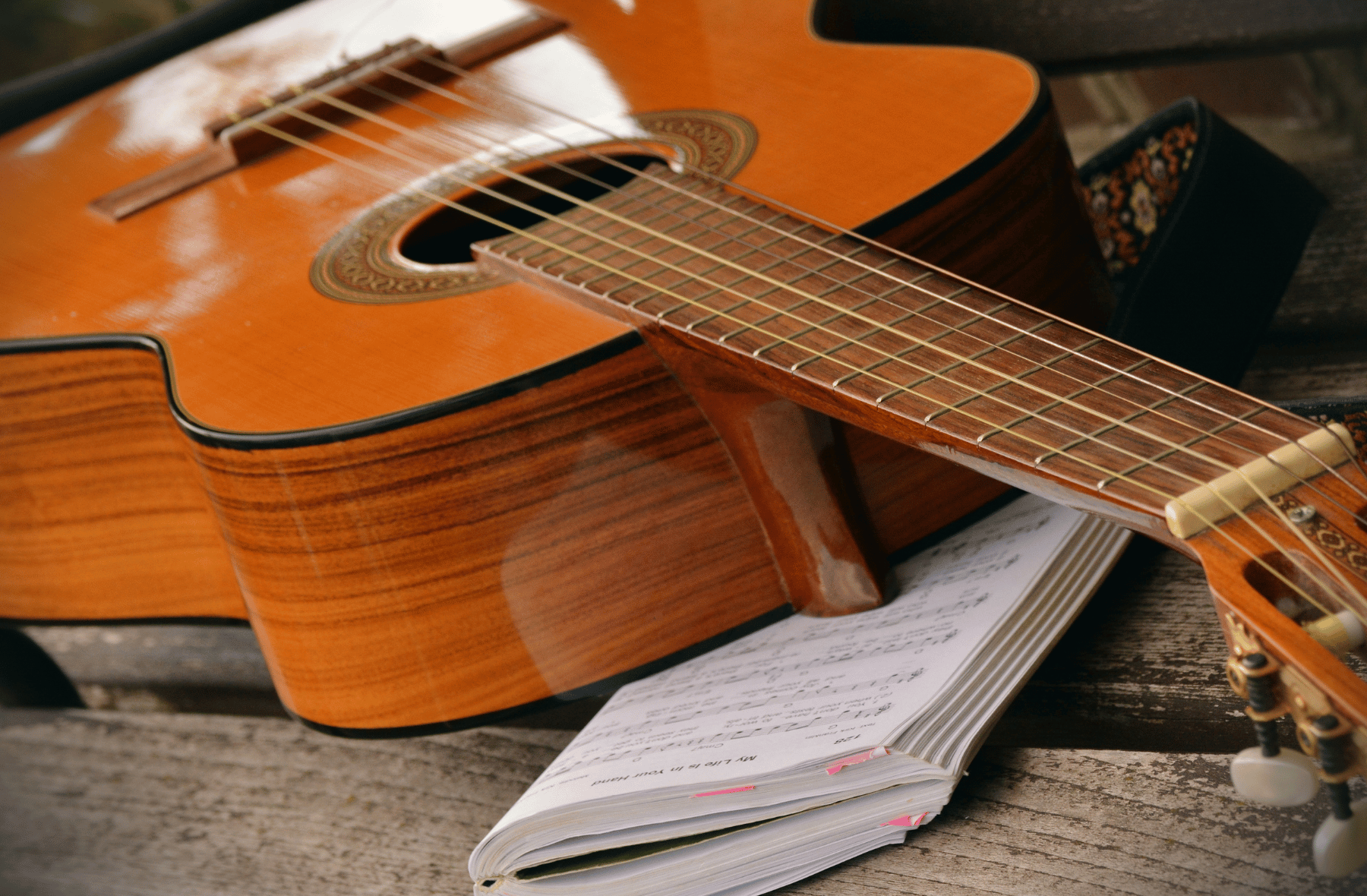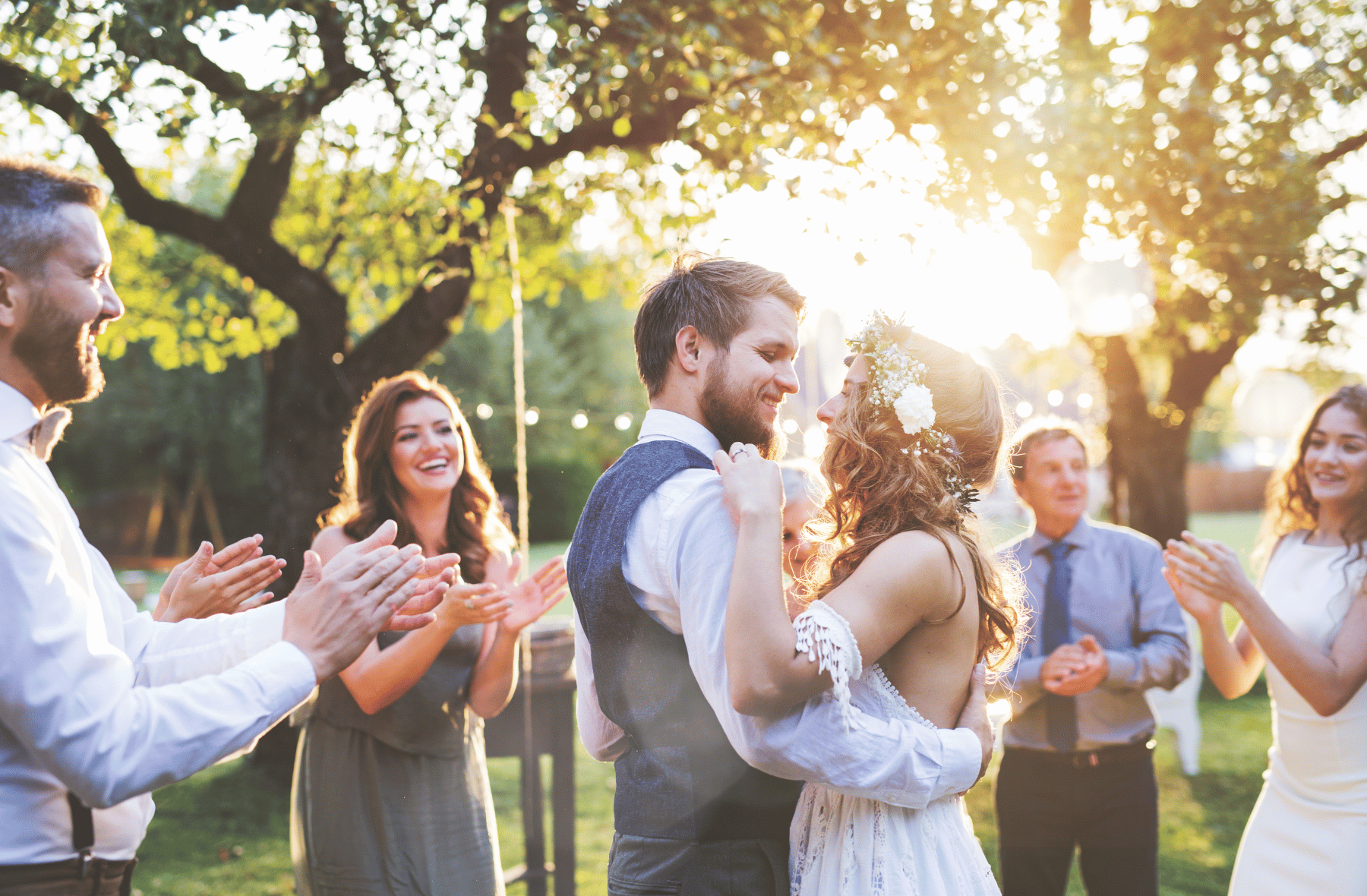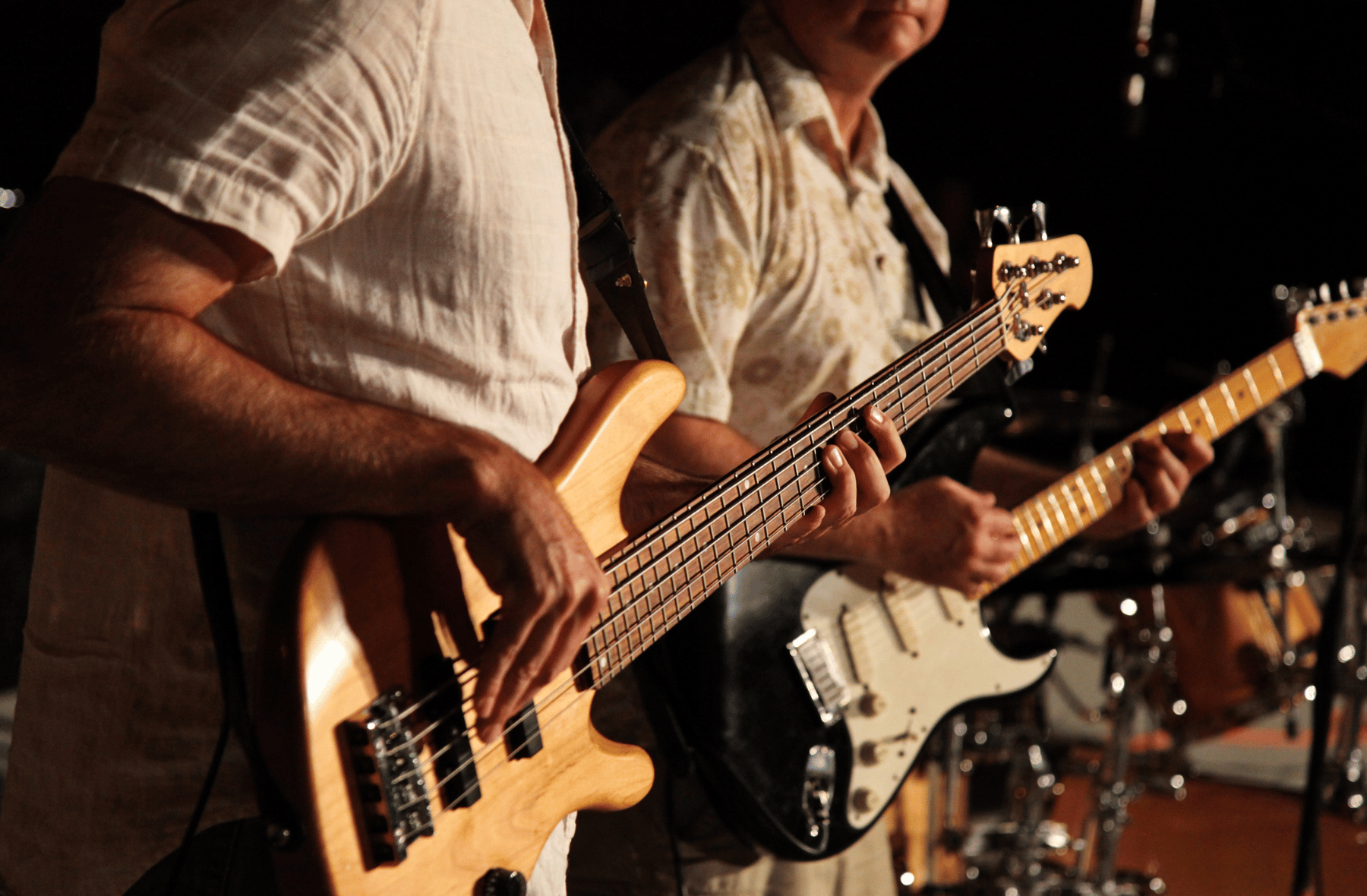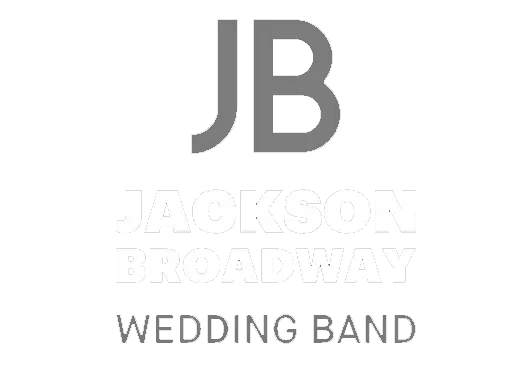RSVP: Its Origin, Meaning, and Modern-Day Importance
RSVP: Its Origin, Meaning, and Modern-Day Importance

You’ve likely seen it on invitations—from weddings to corporate galas—those four simple letters: RSVP.
While small in size, this acronym carries significant weight.
It’s more than a formality; it's an essential tool for event planning and a time-honored tradition rooted in centuries of etiquette and language.
Let's explore the origin and meaning of RSVP, how it evolved over time, why it’s still relevant today, and what constitutes an appropriate response.
Plus, we’ll provide real-life examples of RSVPs for both a wedding and a corporate event.
What Does RSVP Stand For?
RSVP stands for the French phrase “Répondez, s’il vous plaît,” which translates to “Please respond” or more literally, “Respond, if you please.”
It is a polite request for a response to an invitation, indicating whether the invitee plans to attend the event.
Despite the acronym being French, RSVP has become a globally understood and widely used expression in English-speaking countries and beyond. It signals a blend of courtesy, formality, and practicality in event planning.
The History and Origins of RSVP
French Influence on Etiquette
RSVP finds its origins in the elaborate world of 17th- and 18th-century French aristocracy, a period where etiquette was paramount. At that time, social invitations were often handwritten and delivered by messengers. The French court—under monarchs like Louis XIV—was particularly known for its elaborate ceremonies and social rituals, and a formal reply to an invitation was considered essential.
Using “Répondez, s’il vous plaît” became a standard closing for invitations, signifying that the host expected an answer so they could plan accordingly. The French were considered the authority on manners, and their customs naturally spread to other European courts and societies eager to emulate their sophistication.
Adoption into the English Language
By the late 18th and early 19th centuries, English speakers had embraced many French words and phrases as symbols of refinement. “RSVP” began appearing on invitations in English-speaking countries, especially in the upper classes of Britain and America.
Over time, the phrase was abbreviated to the four-letter acronym we recognize today.
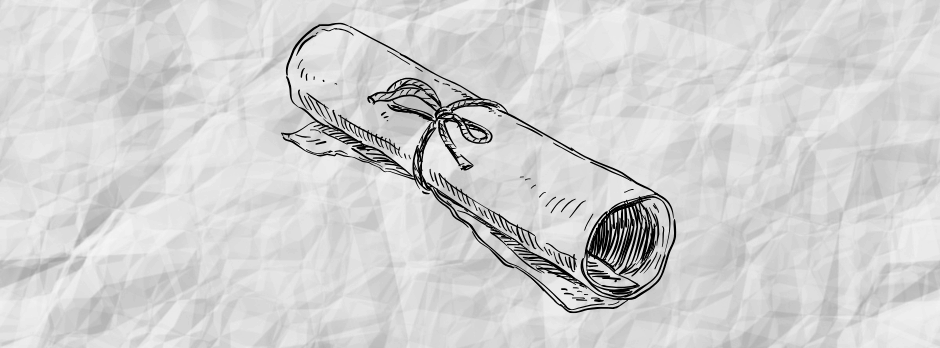
Why Is RSVP Important?
Even in today's digital age, RSVPs are crucial for planning.
Whether the event is a small birthday party or a large corporate gala, knowing who is attending allows the host to make informed decisions regarding:
- Catering quantities
- Seating arrangements
- Venue capacity
- Party favours or promotional materials
- Staffing and logistics
An accurate guest count helps avoid unnecessary expenses and ensures a smooth event experience for everyone involved. It also reflects basic courtesy—by replying, you show respect for the host’s effort and invitation.
RSVP Etiquette: Then and Now
Traditional Etiquette
Historically, RSVPs were always formal.
An invitation might request a response by a particular date, and recipients were expected to write a reply in the third person.
For example:
Mr. and Mrs. David White accept with pleasure the kind invitation of Mr. and Mrs. Johnson to attend dinner on the evening of April 14th.
Or, in the case of a decline:
Mr. and Mrs. David White regret that they are unable to accept the kind invitation of Mr. and Mrs. Johnson for April 14th.
This style is still used today for very formal events, such as black-tie weddings or diplomatic gatherings.
Modern-Day RSVP Etiquette
In the digital era, RSVPs have become more flexible.
Email, text, and even online platforms like Eventbrite or wedding websites have streamlined the process. However, the principle remains the same: reply promptly, clearly state your intention, and follow any specific instructions provided by the host.
A few tips for modern RSVP etiquette:
- Reply as soon as possible, ideally within a few days of receiving the invitation.
- Follow the method requested (email, reply card, online form, etc.).
- Be clear—say "Yes" or "No." Avoid vague responses.
- Stick to your answer unless circumstances genuinely change.
- If declining, a brief note of thanks adds a thoughtful touch.
Types of RSVP Requests
1. RSVP with Reply Card
Common in weddings and formal events. A card is enclosed with the invitation for the guest to fill out and return. It may have boxes to check for attending or declining and sometimes menu choices.
2. RSVP with Contact Info
More casual invitations might say something like:
RSVP by June 5th to Emily at emily@example.com or 0400 123 456.
3. RSVP Regrets Only
This means the host assumes you are coming unless you notify them otherwise. It's used for informal gatherings where a full headcount isn’t as critical.
4. RSVP Online
A growing trend, especially for weddings and corporate events. The invitation includes a URL or QR code linking to a form.
Common RSVP Mistakes to Avoid
- Ignoring the RSVP altogether
This leaves the host guessing and may cause logistical issues.
- Bringing uninvited guests
Don’t assume a “plus one” unless it's explicitly offered.
- Missing the deadline
A late response can throw off seating and food arrangements.
- Changing your answer without notice
If plans change, let the host know as soon as possible.

Sample RSVP for a Wedding
Wedding Invitation Sample:
You are cordially invited to the wedding of
Samantha Green & Jonathan Ellis
Saturday, 22nd November 2025
At 3:00 PM
The Gardens, Hunter Valley
Reception to follow
Kindly RSVP by 1st October 2025
www.samandjonwedding.com/rsvp
Guest RSVP Response (via website or reply card):
Name(s): Olivia and Mark Thompson
Attendance: Accept with pleasure
Meal Preference: Vegetarian (Olivia), Beef (Mark)
Special Notes: Looking forward to celebrating with you!
Sample RSVP for a Corporate Event
Corporate Event Invitation Sample:
You are invited to attend the
2025 Annual Business Innovation Gala
Hosted by Newcastle Tech Alliance
Friday, 12th September 2025 at 6:30 PM
Newcastle Exhibition & Convention Centre
Dress Code: Business Formal
Please RSVP by 20th August 2025
RSVP online at: www.ntagala2025.com/rsvp
Guest RSVP Response (via online form or email):
Name: Jordan Nguyen
Position: Marketing Manager, FusionWorks Pty Ltd
Response: Will attend
Dietary Requirements: Gluten-free
Guest: No additional guest
Should You Always RSVP?
Yes—always respond, even if you’re declining the invitation.
Ignoring an RSVP request is seen as impolite and can create stress for the host.
Your reply, whether affirmative or regretful, helps them plan with confidence.
Alternatives to RSVP Wording
Not every host uses “RSVP.”
Here are some variations you might see:
- “Kindly reply by [date]”
- “Please respond to confirm attendance”
- “Let us know if you can join us”
- “Response required by [date]”
- “Répondez s’il vous plaît” (the full phrase)
These all serve the same function—to gently ask you to respond.

RSVPs in the Digital Age: Are They Still Necessary?
Absolutely.
While some may see RSVP as old-fashioned, its function is more relevant than ever, especially with the increasing cost and complexity of planning events.
With technology enabling easier tracking, hosts can now automate follow-ups, gather dietary requirements, and communicate updates efficiently.
Still, it’s up to the guest to take that initial action—responding with consideration and gratitude.
Final Thoughts: A Small Gesture with a Big Impact
In essence, RSVP is a timeless symbol of respect, both to the host and to the traditions of hospitality.
It bridges the gap between courtesy and convenience, ensuring that events run smoothly and everyone involved—organizers and attendees alike—has the best possible experience.
So next time you receive an invitation with RSVP on it, remember: you’re not just replying. You’re participating in a tradition of thoughtfulness that has spanned centuries.

